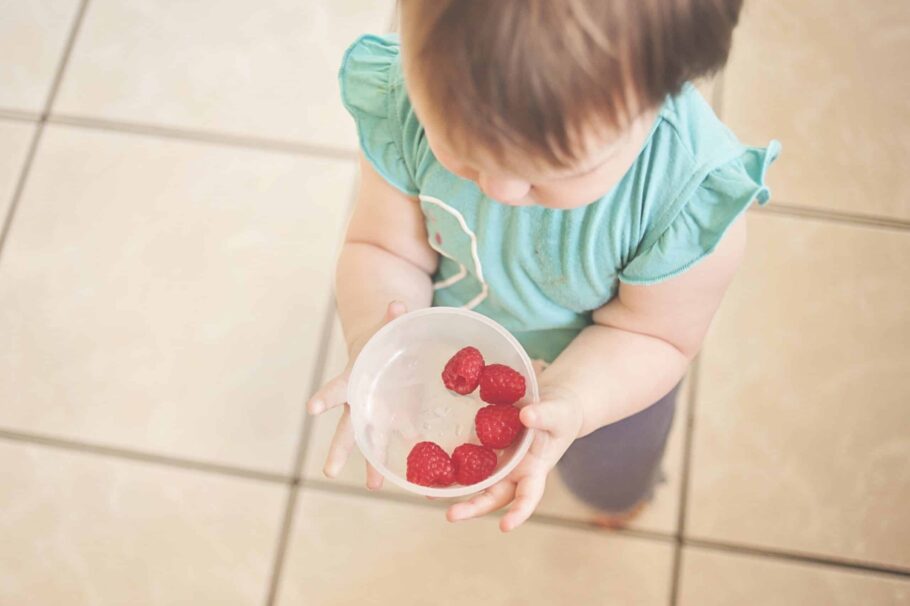You’ve spent hours slaving away in the kitchen, perfected the presentation and thought carefully about what to make, only for your child to reject the meal you’ve put in front of them. This is a scenario familiar to most parents and it can be incredibly frustrating when it happens time and time again.
Food refusal is actually a normal part of a child’s development. You may have had a baby that ate everything only to find that once they got to their first birthday, they started to reject new food as well as things that they had previously eaten. Learning which foods are safe to eat is something humans have evolved to do. Fear of new or unfamiliar foods is known as food neophobia and typically peaks around 2 years of age. How you respond to food refusal can make a huge difference in terms of setting up healthy food habits and managing fussy eating. Whatever their age, if you are struggling with your child’s fussiness around food, try our top tips…






